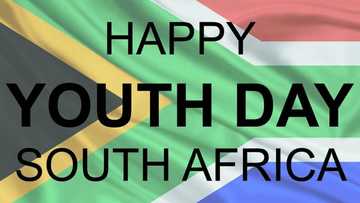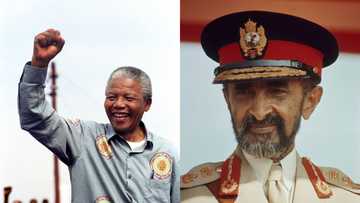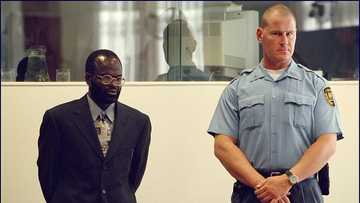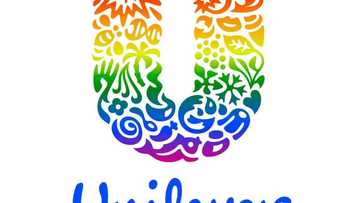Apartheid: What is apartheid, apartheid laws, apartheid flag, when did it start, when did apartheid end, and how it affected people's lives.
Africa has experienced numerous crimes against its people since the time Europeans stepped foot on the continent. From forced slavery to having their land taken from them. From being called savage beings to being hunted down and killed. One of the most known dark periods in Africa is the apartheid rule in South Africa. Continue reading to find out more.
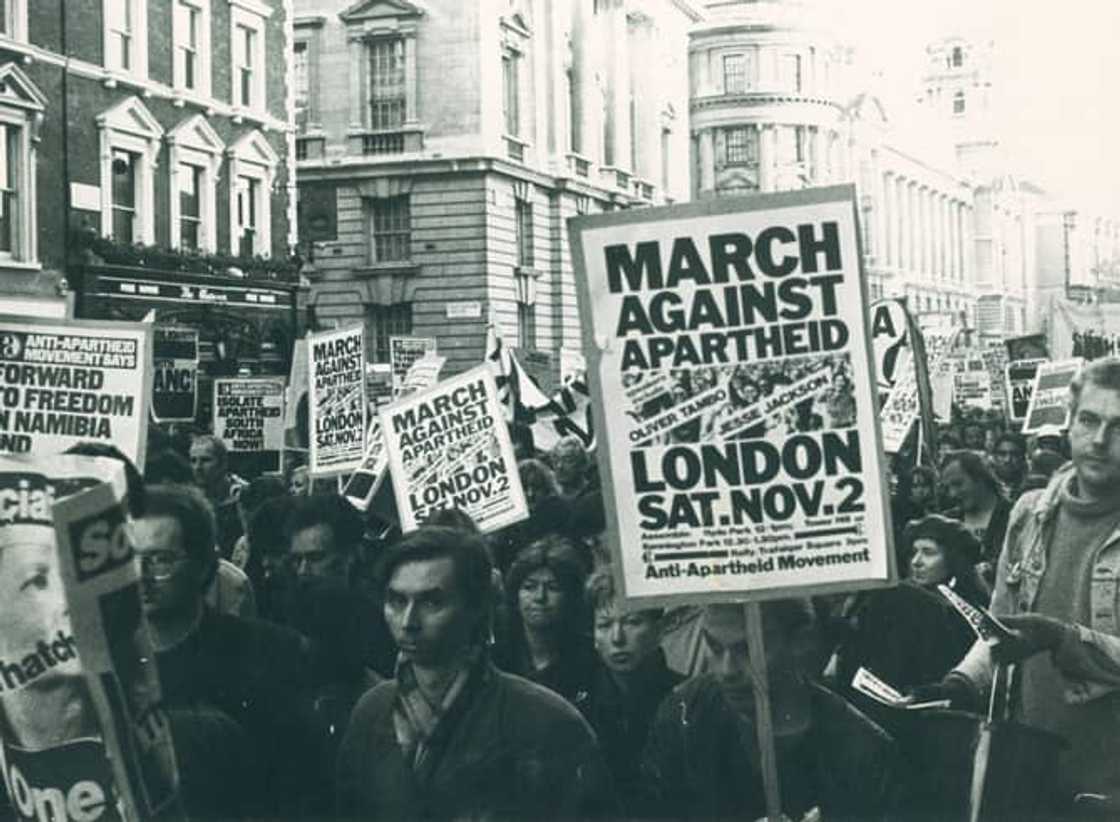
Source: UGC
Africans have been through the most horrendous experiences, especially when interactions with Europeans were involved. South Africa experienced atrocities under the rule of the white man and the effects of these injustices are very visible to date. This period of suffering, struggle, and inhumane treatment is referred to as the Apartheid Regime.
History of apartheid
Before embarking on the history of apartheid, you need to understand what is apartheid. According to the Merriam-Webster dictionary, apartheid is an Afrikaans word and is defined to be “a former policy of segregation and political and economic discrimination against non-European groups in the Republic of South Africa”.

Read also
Zimbabweans risk life and limb crossing crocodile-infested Limpopo River, South Africans concerned
The apartheid synonym stated here is separation or segregation. Without a doubt, the definition of apartheid does not even scratch the surface of what South Africans went through for all those years. Wondering how long did apartheid last? Apartheid in South Africa lasted from the year 1948 to 1994. Apartheid was founded on baasskap, which means white supremacy. What happened during apartheid? Well, the self-appointed white rulers repressed the Coloured, Asian and mostly the Black South Africans for the benefit of the white minority population.
READ ALSO: Xolile Tshabalala biography: age, baby, husband, actress, Generations, pictures and Instagram
To understand the roots of apartheid South Africa, it is important to look back in time to when the first Europeans settled in the region. The Dutch established the first white settlement in 1652 in Table Bay where they set up a trading station. After a few years, a few of the settlers founded permanent settlement with farms where they grew crops to supply to the increased shipping at the Cape. Slaves were acquired to serve as farm labour.
Through this expanding settlement, the Coloured people emerged due to the mixed marriages between the African natives, Asians, and Europeans. The Dutch East India Company administered over the Cape settlement from 1652 to 1795, the same year the British gained the rule of the Cape. The Dutch colonization of South Africa took place between 1652 and 1815. The British took over from where the Dutch left off in 1815 and ruled over the region until 1910.
The beginning of apartheid
After the Anglo-Boer war was brought to an end in 1902, the Union of South Africa was formed in 1910, combining four different colonies present in the country to form one state under the British empire. This union enforced various segregation laws such as the Natives Land Act of 1913. This law dedicated only 10% of South Africa’s land to the 80% black population while the 20% white population held 90% of the land.
The law authorized the forced evictions of Africans from urban centres to reserves and homelands. This was the beginning of the various heinous laws enacted for the next several years. The dissatisfied Boers and Afrikaans formed the National Party that pushed for their interests and development which would be separated from their British counterparts. If you were wondering ‘when did apartheid start?’ this is the very beginning of the oppression.
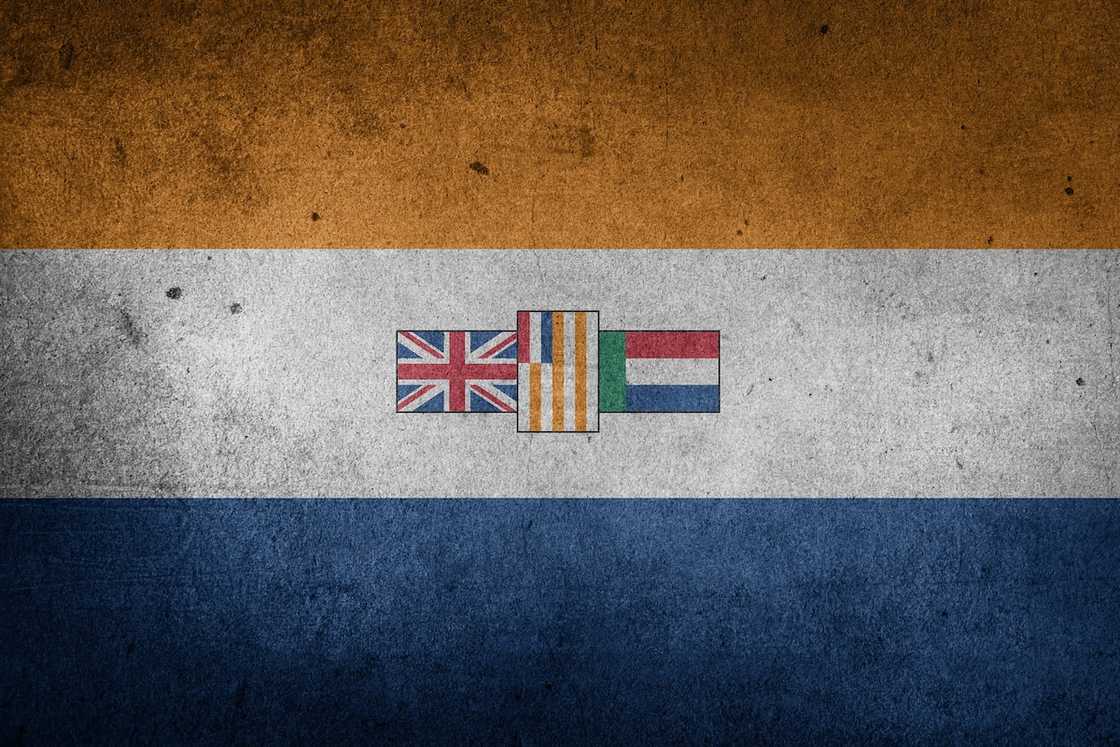
Source: UGC
Wondering how was apartheid practised in South Africa? Well, in 1948, the National Party, which was officially administering over the state, legalized the racist and segregation systems of rule throughout the nation. Other apartheid laws include:
- Group Areas Act of 1950; this started separation based on race in urban areas as well as the eviction of various races into areas set aside for their specific race.
- Bantu Self-Government Act, 1959: this dictated that different racial groups were not to mingle and live in separate areas. Black residents within designated white areas were evicted to townships outside of the urban area. An example of such took place in District 6, Sophiatown and Selborne. The Africans were prohibited from owning land and could only rent it from white owners.
READ ALSO: Abena Ayivor biography: age, husband, nationality, Generations, and Instagram
- Prohibition of Mixed Marriages Act, 1949; this criminalized the marriage between white people and the non-European races.
- Separate Representation of Voters Act, 1951
- Immorality Amendment Act, 1950; this criminalized racial intercourse or any indecent act between white people and non-European races.
The whole of apartheid worked on controlling these aspects of the majority population;
- Where they lived
- Where they worked
- The level and type of education they could attain
- Their voting rights
- Who they were allowed to associate with
- Which public areas and facilities they had access to
The laws and legislative actions that enacted rule and dominance of these aspects of non-European lives are referred to as petty apartheid. Also included in this, was the passbook that black South Africans were required to have so as to access dominant white areas. The pass was granted based on confirmed work and employment in white homesteads and places of business.

Source: UGC
The citizens of the nation were mainly classified into four races which were;
- African
- Coloured
- Indian
- White
The Bantu Education Act, 1953, went further to segregate the races based on education. The black South Africans were required to go through an education system that trained them to enter the labouring scene of the country while the whites received a quality education in different disciplines. The National Party also invested more money in the education of white children than it did on black children. The segregation even trickled down to sports where the lack of funds for black and coloured sports teams was very evident compared to their white counterparts who were well of.
The mistreatment, as well as assassinations of black people, sparked resistance and the black people of South Africa, decided to fight back. The resistance rose with the youth wing of the ANC. No need to ask what is ANC in full as it stands for the African National Congress. The youth wing pushed the notion that the oppression could only be stopped through nationwide mass campaigns involving strikes, civil disobedience, boycotts and occasional run-ins with the white authority. These were termed as the Programme of Action. One of these calls to action would lead to the arrest of Mandela in 1962.
READ ALSO: Lindiwe Mazibuko biography: age, husband parents, education, and contact details
The end of apartheid
Residents of townships became adamant about making their areas ungovernable and became the centre of focus between 1985-1989. How did apartheid end? It took effort and the willingness of one person to right so many wrongs done by a group of people.
Fred de Klerk, then the president of South Africa worked with the focus to bring an end to the segregation laws from 1990. He also made a move to release Nelson Mandela who had served 27 years in prison. When did apartheid end? Apartheid was officially abolished in 1991, and a number of negotiations were carried out to break down the racial segregation and oppression rule which eventually led to the country’s first general election on 27th April 1994, where all races could vote.
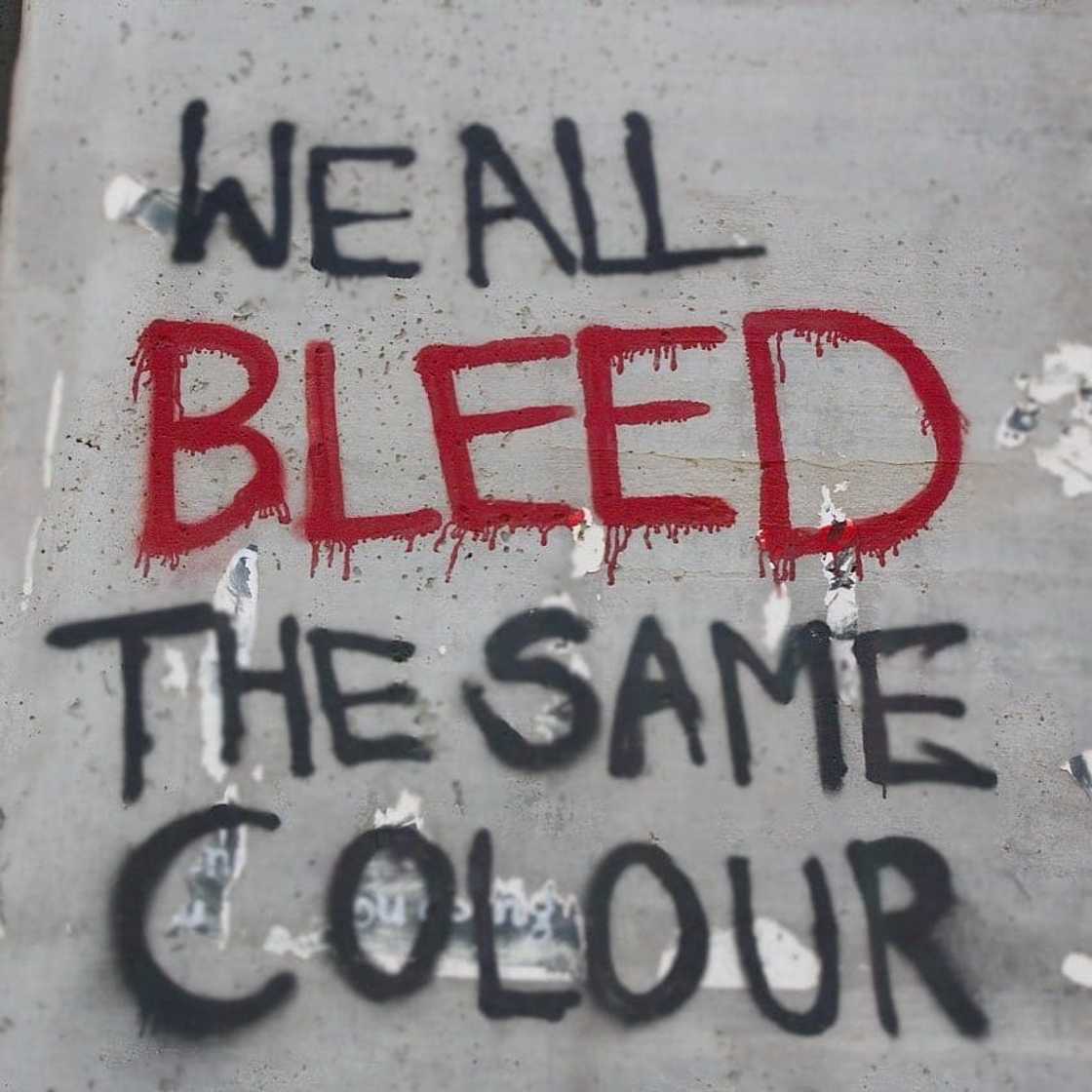
Source: Instagram
Effects of Apartheid
As much as South Africa is considered a democracy, the effects of apartheid are still felt. Many black citizens still reside in townships with poor living conditions. They have no land nor ways to join the job market to earn an honest living. Many have turned to crime and carry a lot of xenophobia with them due to the dark and unjust history of the country.
The residents of the townships were promised land and better education, better opportunities for themselves and their offspring when the new government took over, but that is not the current case. Many South Africans reside in townships with dilapidated houses where they have to compete for limited basic resources. The areas are riddled with crime and insecurity. This has caused many people to walk around with bitterness and tend to release the repressed negative emotions on their kinsmen or other black persons of different nationalities.
Apartheid history is a dark one covered in violence, oppression, injustice and the blood of many innocent South Africans. South Africa still has a long way to go before it truly heals from the 4 centuries of hatred, segregation, violence and injustice enacted on them. Many South Africans hope for better dawn for their motherland and the peace they deserve. Until then, alluta continua!
READ ALSO:
- Lindiwe Zulu biography: age, sons, daughter, husband, qualifications, and career
- Lesego Marakalla biography: age, height, boyfriend, wedding, car, parents and pictures
- Khulubuse Zuma biography: age, son, wife, wedding, mine, net worth, pictures and contact details
Source: Briefly News

